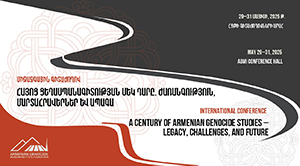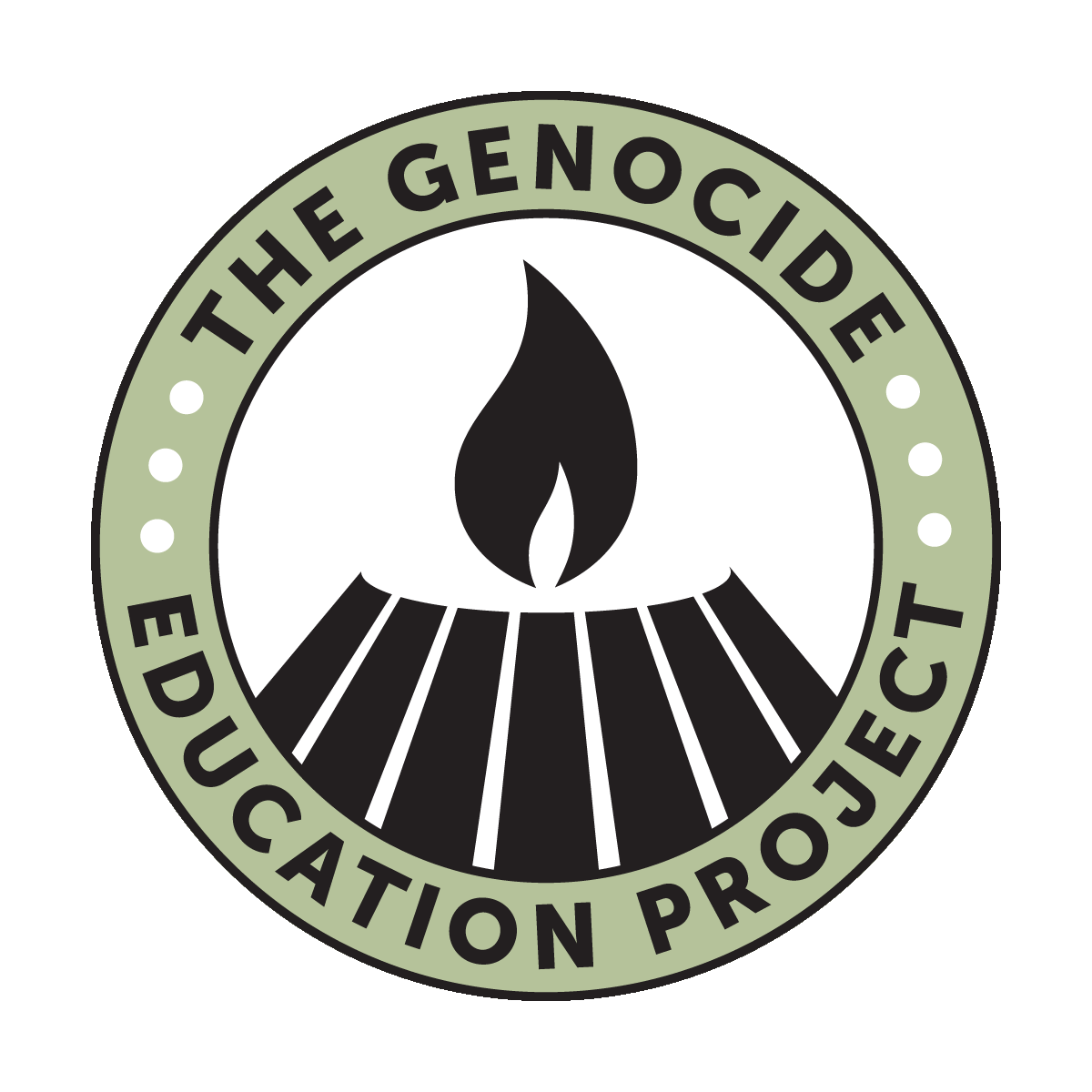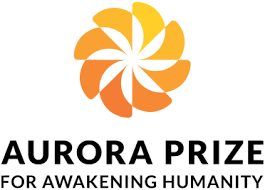05.11.2024

The field of Armenian Genocide Studies is dedicated to analyzing and understanding the Armenian Genocide, the systematic extermination of the Armenian population of the Ottoman Empire from 1915 to 1923. The roots of this discipline trace back to the time of the massacres themselves, when Armenian scholars—many of whom were survivors—began documenting the Medz Yeghern through memoirs and early historical accounts. Throughout the interwar and post-war periods, Armenian compatriotic unions in diaspora communities continued this work, preserving memories of the genocide in memorial books. Milestones such as the 1948 UN Convention on the Prevention and Punishment of the Crime of Genocide, the Armenian revival of the 1960s, the debates of the 1970/80s, the development of Holocaust studies have each contributed to the evolution of Armenian Genocide Studies into a well-established interdisciplinary field over the past three to four decades.
Today, scholars in this field not only document and analyze the genocide's historical context but also engage with broader themes, including memory, justice, denial, and the genocide’s lasting impact on both national and global narratives.
This conference, commemorating the 110th anniversary of the Armenian Genocide, invites scholars, researchers, and practitioners to reflect on a century of Armenian Genocide Studies, address current challenges in the field, and explore new directions for future research. As an interdisciplinary gathering, it will examine how research on the Armenian Genocide has shaped the global understanding of genocide and mass violence.
We welcome proposals for papers, from a variety of disciplinary perspectives, including (but not limited to):
● Historical Analysis of the Armenian Genocide and its implications for global understanding of genocide and mass violence
● Legal Frameworks and Genocide Recognition, encompassing human rights law and international justice
● Memory Studies and the role of commemoration in constructing and transmitting genocide narratives, including variations in commemoration practices worldwide
● Comparative Genocide Studies, situating the Armenian Genocide alongside other historical and contemporary genocides
● Political Discourse, Recognition, and Denial
● Diaspora and Identity Studies focusing on the Armenian experience
● Educational Approaches to Genocide Awareness and Prevention strategies
● New Methodologies in Genocide Research and the use of digital humanities
● Cultural Representations of the Armenian Genocidein literature, film, and art
Organized by: Armenian Genocide Museum-Institute Foundation
Date: May 29–31, 2025
Location: Armenian Genocide Museum-Institute Foundation, Yerevan, Armenia
Please submit your proposals in Armenian and English (the official languages of the conference) to (
armeniangenocide110@genocide-museum.am) by January 30, 2025. Each submission should include a title, an abstract of no more than 500 words, and a brief biography.





